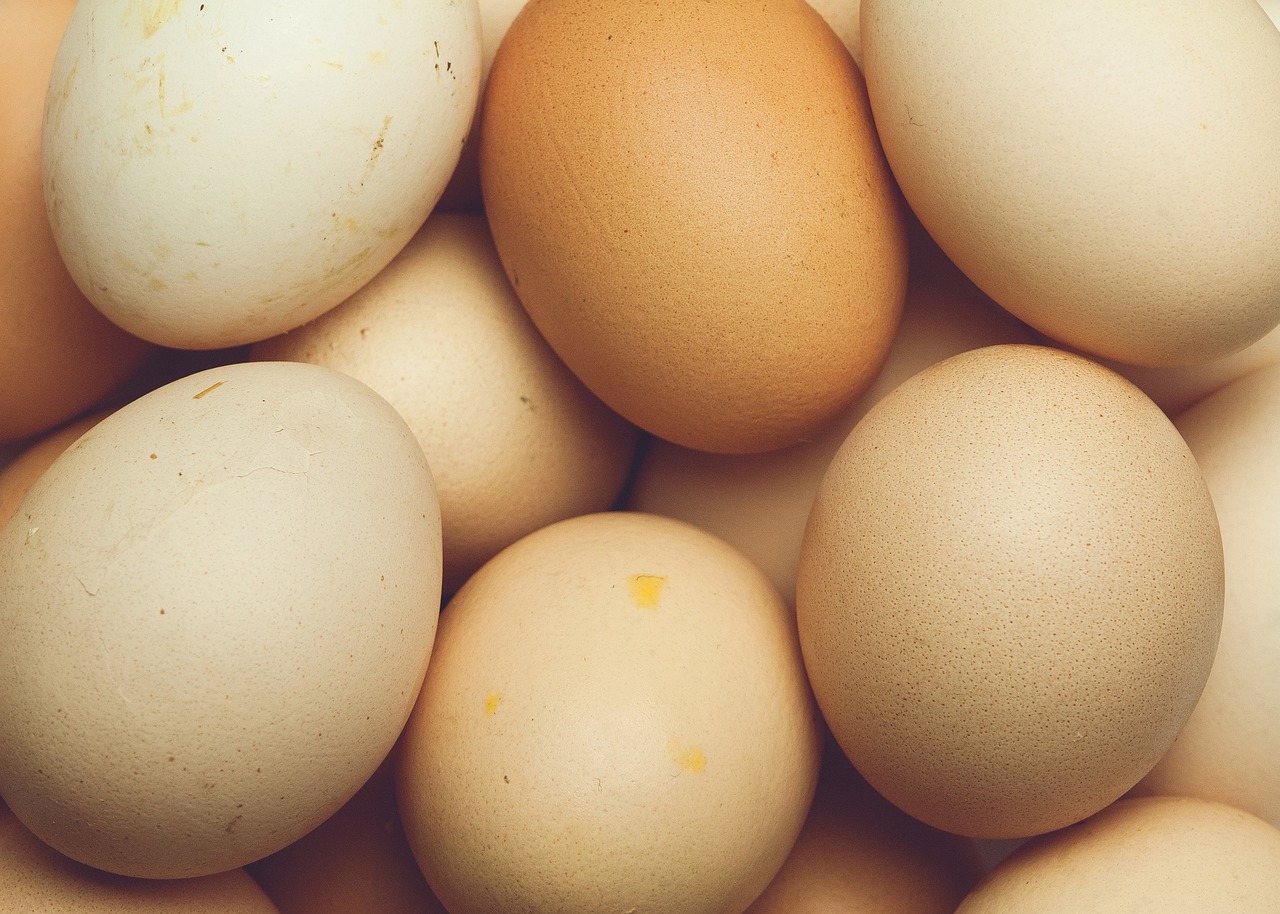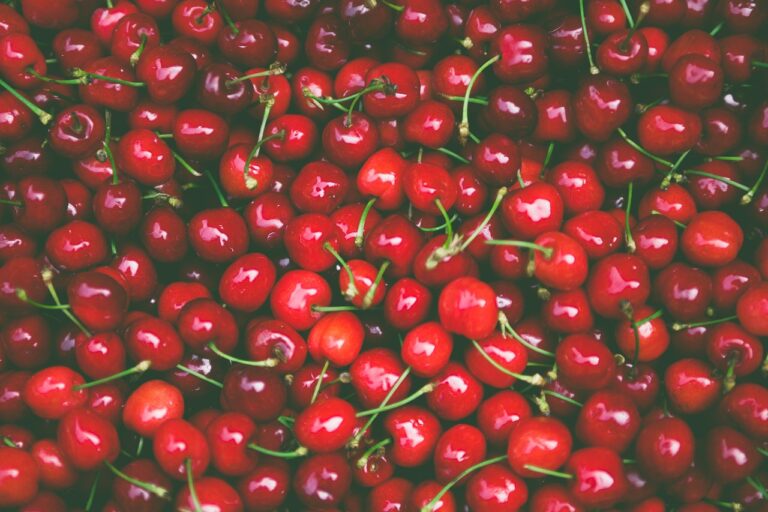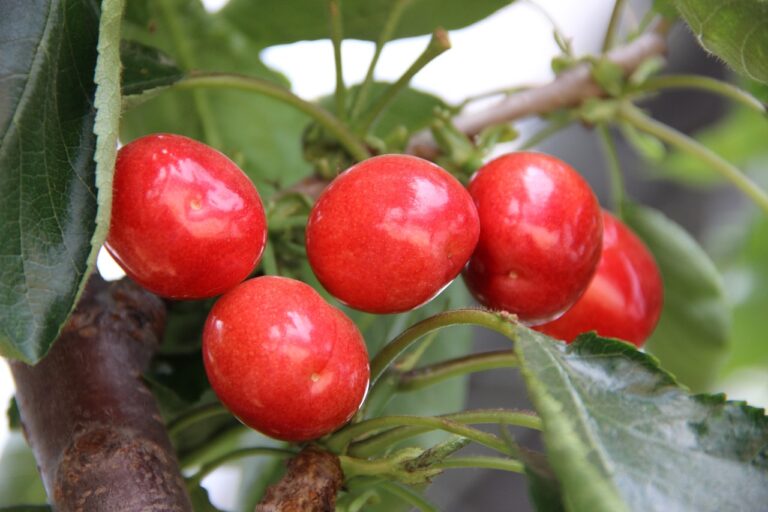Market Opportunities for Organic Tea Exports
skyexchange login, world777 login, golds bet login: Market Opportunities for Organic Tea Exports
Are you a tea producer looking to venture into the international market? With the growing trend towards healthier and more sustainable products, there is a vast opportunity for organic tea exports. In this article, we will explore the market opportunities for organic tea exports and how you can capitalize on this growing trend.
Understanding the Market Demand
Consumers worldwide are becoming more health-conscious and are seeking products that are not only good for them but also good for the environment. Organic tea fits perfectly into this trend, as it is grown without the use of harmful pesticides and chemicals, making it a healthier and more sustainable option.
According to a report by Grand View Research, the global organic tea market is expected to reach $1.6 billion by 2025, driven by increasing health awareness among consumers. This presents a significant opportunity for tea producers looking to tap into this lucrative market.
Key Markets for Organic Tea Exports
When it comes to exporting organic tea, there are several key markets that you should consider targeting. Some of the top markets for organic tea exports include:
1. United States: The US is one of the largest markets for organic products, including tea. With a growing demand for organic and natural products, there is a significant opportunity for tea producers to export their products to the US market.
2. Europe: Countries in Europe, such as Germany, the UK, and France, have a strong demand for organic tea. European consumers are willing to pay a premium for high-quality, organic products, making it an attractive market for tea exports.
3. Asia: Countries in Asia, such as Japan, China, and India, also present a significant opportunity for organic tea exports. With a long-standing tea culture and a growing interest in organic products, these markets offer great potential for tea producers.
Marketing Strategies for Organic Tea Exports
To successfully export organic tea, you need to have a solid marketing strategy in place. Here are some key strategies to consider:
1. Highlight the health benefits: Organic tea is known for its health benefits, such as antioxidants and other nutrients. Highlight these benefits in your marketing materials to attract health-conscious consumers.
2. Emphasize the sustainable practices: Consumers are increasingly concerned about the environment and the impact of their purchasing decisions. Highlight your sustainable farming practices, such as organic cultivation methods and fair trade certifications, to appeal to environmentally conscious consumers.
3. Partner with local distributors: To reach international markets, consider partnering with local distributors who have experience in the target market. They can help navigate the local regulations and customs, making it easier for you to export your products.
4. Participate in trade shows: Trade shows and industry events are great opportunities to showcase your organic tea to potential buyers. Consider participating in relevant trade shows to connect with buyers and distributors from around the world.
Challenges and Considerations
While there are great opportunities for organic tea exports, there are also some challenges and considerations to keep in mind. Some of the challenges include:
1. Regulatory requirements: Exporting organic products can involve strict regulations and certifications, which vary by country. Make sure you understand the regulatory requirements of the target market to ensure compliance.
2. Competition: The organic tea market is becoming increasingly competitive, with new players entering the market regularly. To stand out, focus on differentiation through unique flavors, high-quality ingredients, and sustainable practices.
3. Supply chain issues: Maintaining a consistent supply of organic tea can be challenging, as weather conditions and other factors can impact production. Develop strong relationships with your suppliers to ensure a reliable source of organic tea.
FAQs
Q: What is the difference between organic tea and conventional tea?
A: Organic tea is grown without the use of synthetic pesticides, fertilizers, or other chemicals, while conventional tea may be treated with these substances.
Q: Are there specific certifications required for exporting organic tea?
A: Different countries have different certification requirements for organic products. Make sure to obtain the necessary certifications for the target market.
Q: How can I find buyers for my organic tea products?
A: You can connect with buyers through trade shows, industry events, online marketplaces, and by partnering with local distributors in the target market.
In conclusion, the market opportunities for organic tea exports are vast, driven by the growing demand for healthy and sustainable products. By understanding the market demand, targeting key markets, and implementing a solid marketing strategy, tea producers can successfully export their organic tea products to international markets. With the right approach and considerations, the organic tea market presents a lucrative opportunity for growth and expansion.







